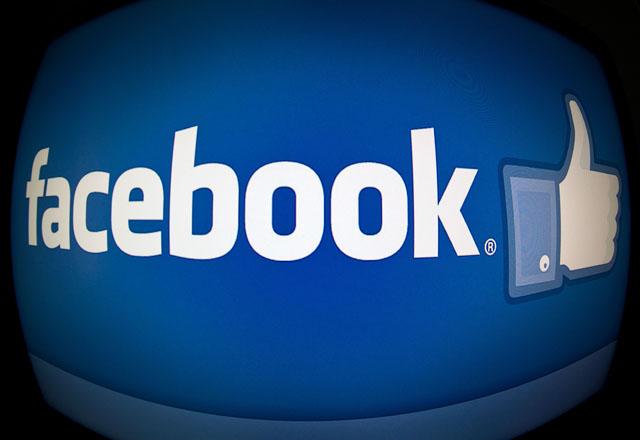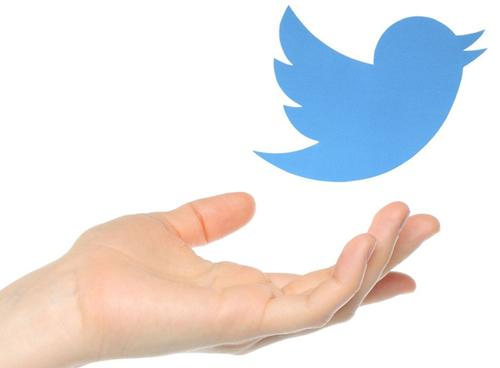You are here
Facebook battles to stay young and cool
By AFP - Feb 02,2014 - Last updated at Feb 02,2014

SAN FRANCISCO — Sixteen-year-old Owen Fairchild doesn’t hang out at Facebook as much as he did when he was just a kid.
It is not that he and his friends are abandoning the social network. They are spreading their love to rival networks like Twitter, Pinterest, SnapChat, Instagram and blogging platform Tumblr.
“I’ve moved on,” the teenager said.
“I go to Tumblr a lot more; there is a lot of funny stuff. SnapChat is super-fun because you can send really unattractive pictures of yourself and they will delete after a few seconds.”
Contrary to what grownups might think, teens sometimes prefer to catch up on life face-to-face in the real world, he added.
“I think Facebook is still very popular even though some people might be losing interest,” said the 11th-grade student at Alameda Community Learning Centre, a charter school in Alameda across the bay from San Francisco.
“There is no talk among my friends saying Facebook is for old people.”
Facebook, born on a college campus a decade ago, has grown to 1.23 billion active users worldwide.
But as it prepares to celebrate its 10th anniversary, Facebook is now facing challenges in keeping its original base of young users as new social networks vie to be the coolest on the Internet.
A social networking trend set in motion by Facebook has been accelerated by soaring popularity of smartphones that let people share images, videos, thoughts or observations at any moment.
Hot young services such as Pinterest, Twitter and SnapChat have sparked concerns that Facebook is losing teens and may follow predecessor MySpace into social networking obscurity.
Facebook’s demographics appear to be shifting as adults, even seniors, use the network to catch up with long-lost friends and stay connected to family and colleagues.
Princeton University student Susannah Sharpless said she and friends have stopped letting Facebook consume their lives.
“Everyone in my friend group went through this stage where we hated Facebook and deleted it,” Sharpless told AFP.
“I was one of the first people to get it back. Slowly, everyone did.”
Breaking from Facebook served as a detox period during which she and friends got a better handle on what was a daily habit, the college junior said.
“I realised how to live without the mindless Facebook stalking that I used to do,” Sharpless said.
“I check my Twitter feed all the time; there is nothing that I definitely need to know on Facebook.”
She also finds more interesting fare on Instagram, which Facebook bought about two years ago in a billion-dollar deal.
“Facebook isn’t done,” Sharpless said. “I think it is just changing in the way people use it.”
Social media network analytics company Socialbakers on Thursday posted findings indicating that “the sky is not falling” when it comes to Facebook’s appeal to the younger set.
Interactions at Facebook by people ages 13 to 24 grew about 29 per cent last year, according to Socialbakers.
“Teens are definitely not leaving en masse as some reports would have you believe,” Socialbakers data specialist Ben Harper said in a blog post.
During an earnings call this week, top Facebook executives sidestepped a question about whether the social network was losing teens.
“We are working on great products that all our users, including teens, will take seriously,” said Facebook Chief Financial Officer David Ebersman.
Forrester Research analyst Nate Elliott dismissed Facebook gloom-and-doom talk as “silly”. He argued that, unlike the defunct MySpace, Facebook innovates relentlessly and copies winning features from competitors.
For example, Facebook has woven Twitter-style real-time status updates into the service and introduced a new mobile app aimed at becoming a social newspaper of sorts.
Young people might change how they use Facebook, but they aren’t leaving, according to the Forrester analyst.
“It is not a zero-sum game,” Elliott said. “You don’t stop using one network because you start using another.”
Forrester is preparing to release results of a youth survey that the analyst said contradict the “breathless proclamations of doom” about Facebook.
“When you strip away the hyperbole and just look at the numbers, Facebook is absolutely crushing all the other social networks in terms of young users who go there,” Elliott said.
Independent Silicon Valley analyst Rob Enderle countered that some studies in recent months indicate young people are departing Facebook in a shift that should worry the social network.
“The youth is your seed corn to make sure your service grows; they drive something like this,” Enderle said.
“The trendy kids at school need to be at Facebook.”
|
Facebook in numbers Facts and figures about Facebook, which celebrates its 10th anniversary this month:
Source: Agence France-Presse |
Related Articles
NEW YORK — Sale or no sale, Twitter users are bound to see changes as the beleaguered communication service tries to broaden its appeal to m
LOS ANGELES — On Snapchat, it’s always been about the last 24 hours.With its requirement that photos and videos shared with friends be taken
NEW YORK — The Pope is on Twitter, along with the Dalai Lama, world leaders and, of course, Kim Kardashian.The short-messaging service














